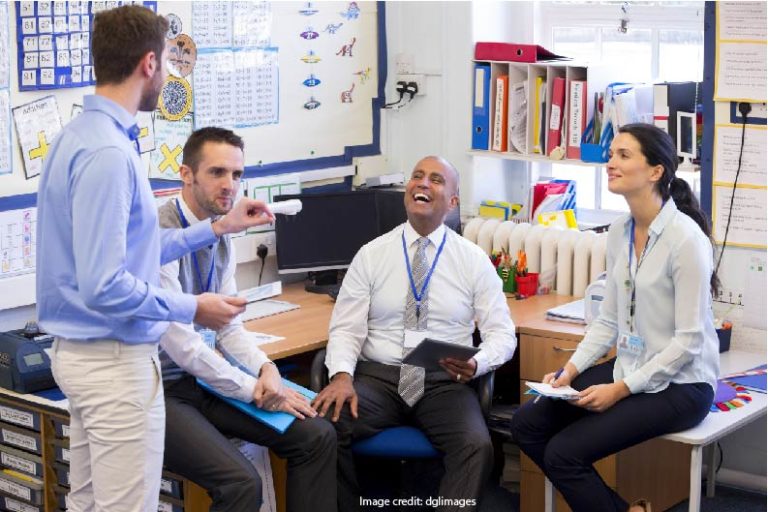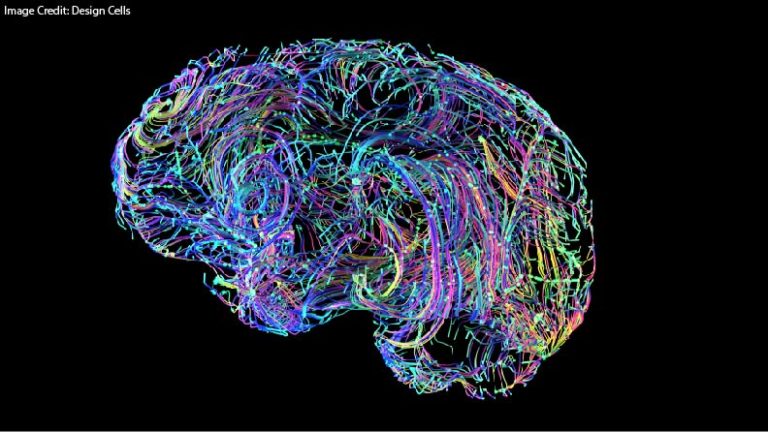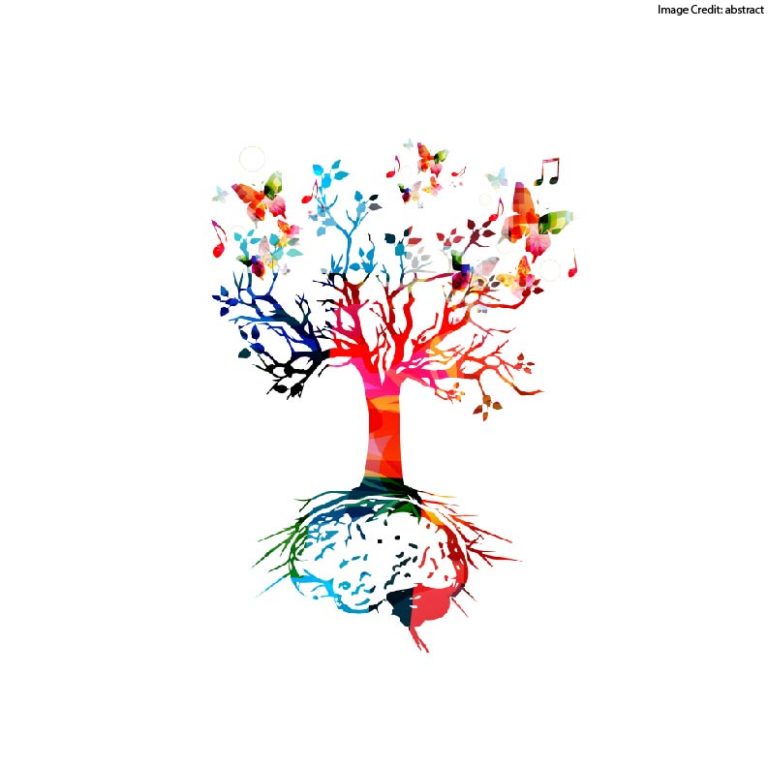-
ABOUT THE AUTHOR
Andrew Watson
Andrew began his classroom life as a high-school English teacher in 1988, and has been working in or near schools ever since. In 2008, Andrew began exploring the practical application of psychology and neuroscience in his classroom. In 2011, he earned his M. Ed. from the “Mind, Brain, Education” program at Harvard University. As President of “Translate the Brain,” Andrew now works with teachers, students, administrators, and parents to make learning easier and teaching more effective. He has presented at schools and workshops across the country; he also serves as an adviser to several organizations, including “The People’s Science.” Andrew is the author of "Learning Begins: The Science of Working Memory and Attention for the Classroom Teacher."
Tags
ADHD adolescence attention autism book review boundary conditions classroom advice conference speakers constructivism/direct instruction creativity desirable difficulty development dual coding elementary school embodied cognition emotion evolution exercise experts and novices gender high school homework intelligence long-term memory math methodology middle school mind-wandering mindfulness Mindset motivation neuromyths neuroscience online learning parents psychology reading retrieval practice self-control skepticism sleep STEM stress technology working memoryRecent Comments
- Goals, Failure, and Emotions: a Conceptual Framework |Education & Teacher Conferences on “Learning from Mistakes” vs. “Learning from Explanations”
- From Destruction to Rebuilding: Hope in Science’s Down Cycle on When Analogies Go Wrong: The Benefits of Stress?
- Dual Coding: Boosting Learning Through Words and Images – White Dragon of East County on Visual & Verbal: Welcome to “Dual Coding”
- "All People Learn the Same Way": Exploring a Debate |Education & Teacher Conferences on The Goldilocks Map by Andrew Watson
- URL on Difference Maker: Enacting Systems Theory in Biology Teaching, by Christian...
ABOUT THE BLOG

When Does Technology Distract Students? The Benefits of Research that...
I spoke with several hundred students last week about research-based study strategies. As always, students…

Why I Still Love Learning and the Brain Conferences
I attended my first Learning and the Brain in 2008; I believe the topic was…

Is “Cell Phone Addiction” Really a Thing?
I recently read a tweet asserting “the fact that cell phones are proven to be…

The Best Way to Take Class Notes
Teachers often ask me: “how should my students take notes?” That question typically springs from…

What is “Mind, Brain, Education”? Defining the Undefinable…
Here at Learning and the Brain, we bring together psychology (the study of the MIND),…

Changing the System: Where Do We Start?
I recently spent two hours talking with a group of splendid teachers from Singapore about…

Understanding Adolescents: Emotion, Reason, and the Brain
Kurt Fischer — who helped create Learning and the Brain, and the entire field of…

Let’s Get Practical: Signaling a Growth Mindset
Most teachers know about Mindset Theory: the idea that students’ beliefs about intelligence shape their success…

How Do Experts Think?
Perhaps you’ve heard the saying: “To a hammer, everything looks like a nail.” It means,…

Teachers’ Gestures Can Help Students Learn
Over the years, I’ve written about the importance of “embodied cognition.” In other words: we…

